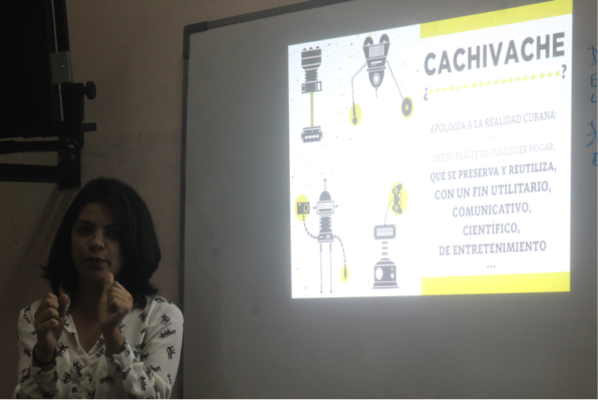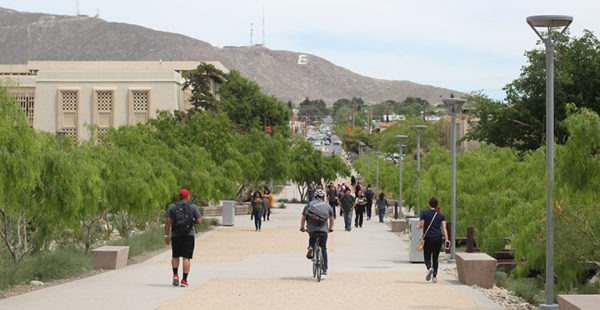Cuban college students use “cachivache,” junk, to create online treasure
|
The word cachivache translates to junk, or rubbish, but in Cuba repurposing junk, in this case technology, is an aspect of daily life. That’s what a group of entrepreneurial University of Havana Communication students did a little over a year ago when they reengineered existing and accessible media technology to create a hip web magazine catering to Cuban citizens. Cachivachemedia.com was the product of their creativity and persistence and is indicative of the Communist country’s spirit of endurance, resistance and innovation after 50 years of a U.S. economic blockade and political standoff. The magazine is currently on hold as its staff considers its future direction. Daniella Fernandez, 21, an under graduate student at the University of Havana and community manager for the web magazine, explained why the magazine she helped launch 18 months ago was named after the Cuban word for junk.

